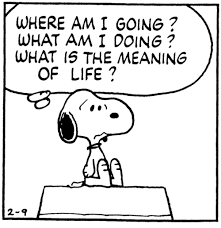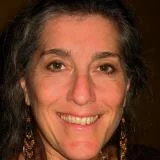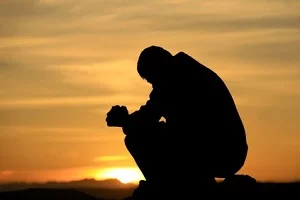Recently, I was asked to contribute to a blog, Excellence Reporter, that includes articles by a variety of leaders, writers, musicians, artists, poets, CEOs, laymen, etc. that answer a single question: What Is the Meaning of Life? I hope you enjoy my response to this rather daunting question!
Much of my writing about homeopathy, consciousness, and now the ideas underlying Hawaiian shamanism, deals with the higher energy bodies. These include not only the so-called etheric body — the vehicle for the vital force (chi, prana, mana) that enlivens our physical body, but also “higher




